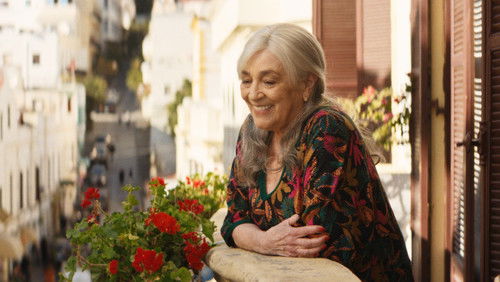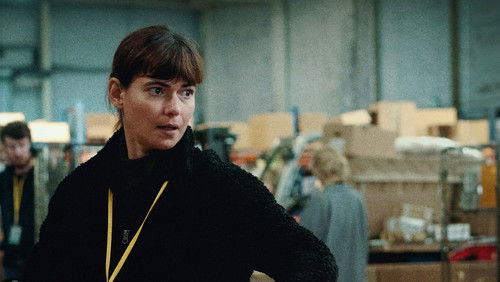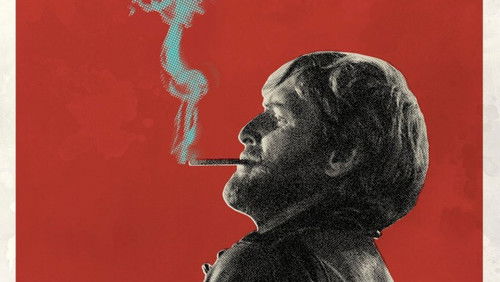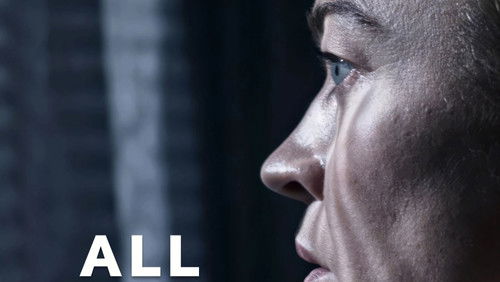Katharina von Russland (1963)
33KKatharina von Russland: Directed by Umberto Lenzi. With Hildegard Knef, Sergio Fantoni, Giacomo Rossi Stuart, Angela Cavo. Caterina finds out that her husband Peter Tzar of Russia, is plotting to kill her. She sets Count Orlov free from prison, Peter’s sworn enemy, becomes empress of Russia and leads the Cossacks army against him.
“The story of Catherine the Great has been tampered with many times in films, and this is one of the most objectionable attempts to bring the story alive as unrealistically as possible. Hildegard Knef is a disaster as Catherine, stale like a doll and totally expressionless, while itu0026#39;s easier for any actor to make something interesting out of the mentally unstable Petter III, her husband, whom she had overturned and killed as a genuine failure of a tzar. Sergio Fantoni is good enough as Orloff although much romanticised, as he always is on the screen. The only other actor of the film making a good performance is Ennio Balbo as count Panin. The colours and costumes are all perfect and overwhelming in actual realistic beauty, while the best part of the film is the music by Angelo Francesco Lavagnino. Here Peter III is even allowed to keep his violin as an insurance of his one sympathetic trait. Although Josef von Sternbergu0026#39;s film u0026quot;The Scarlet Empressu0026quot; with Marlene Dietrich in the 30s was much more stylized and aestheticised, it was psychologically much more interesting in describing and following Catherineu0026#39;s fascinating development from a spoiled pricess to a responsible empress, after many ordeals on the way. The empress Elizabeth is also given a favourable chapter here like in Sternbergu0026#39;s film, while we shall probably never know the whole truth about these intrigues of the Russian court, as Catherine herself probably from the start was well motivated and eager to keep most of it under censure – all Russian history writing is notorious for falsifications in constant desperate efforts to make history seem better than it was. This is an Italian version and very dashing as such, but the Russian censure of history is still here.”









